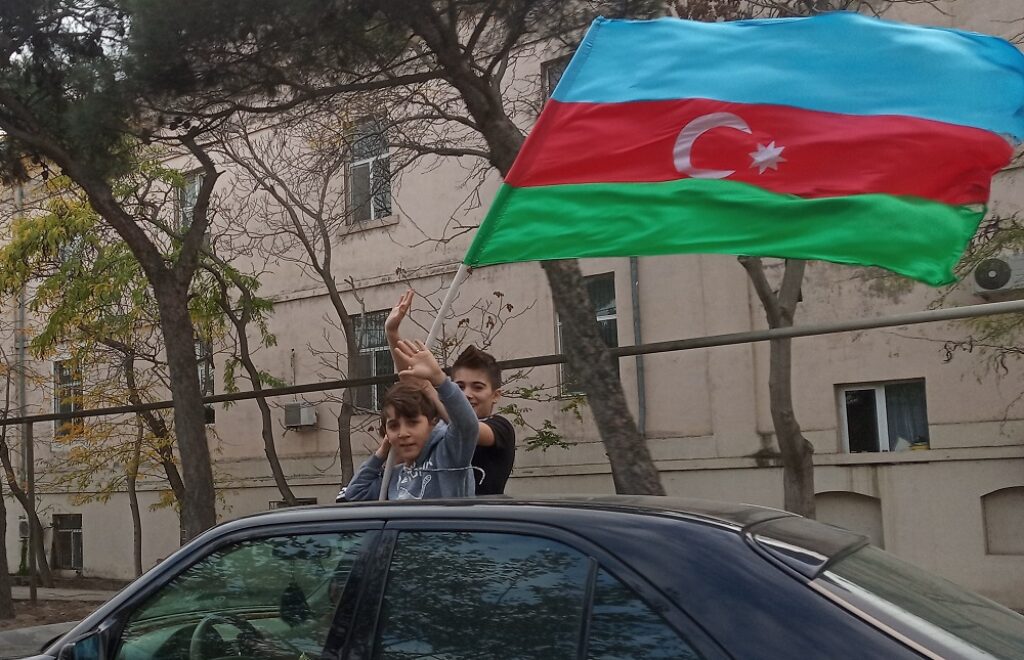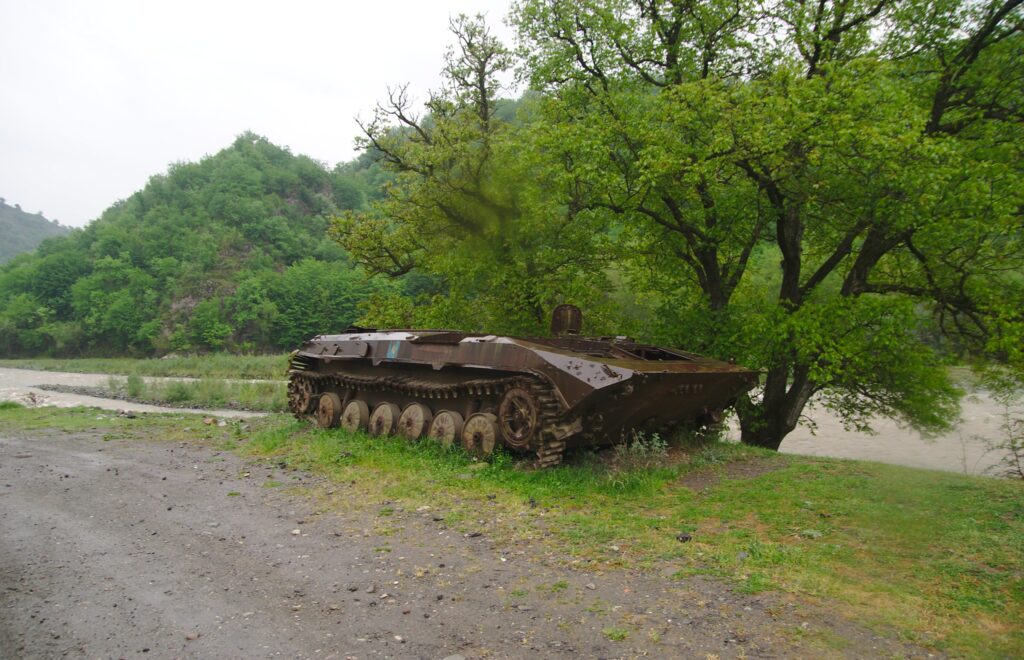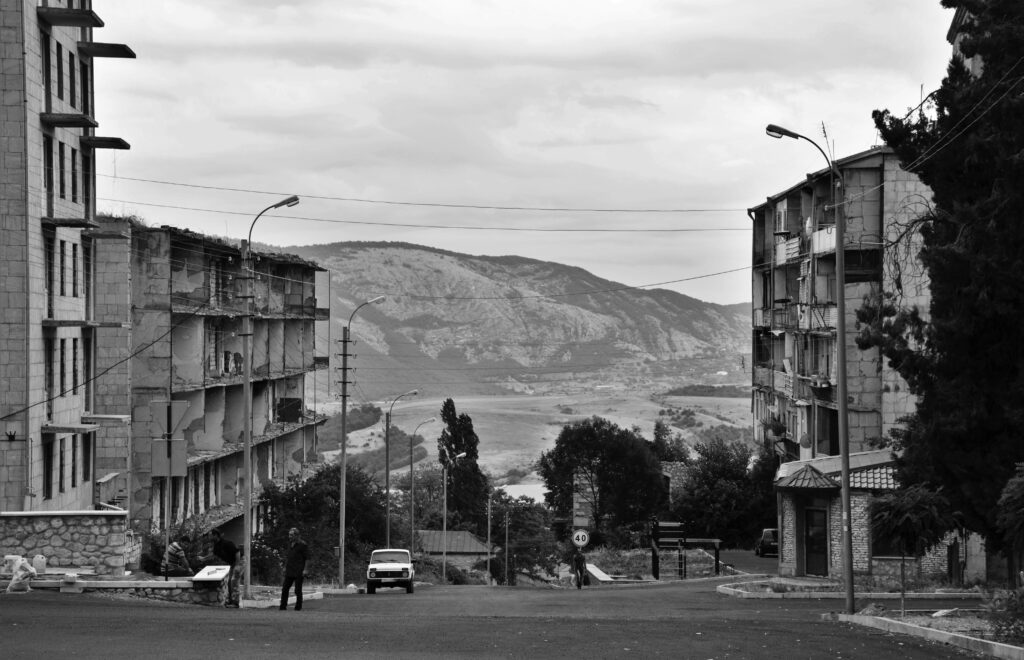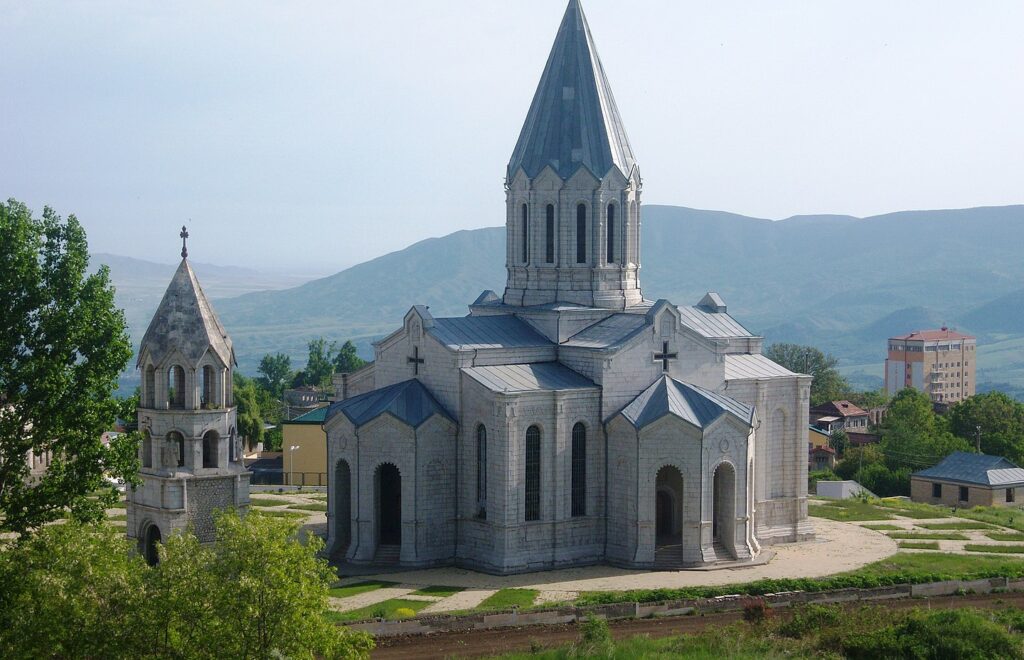Far from being over. Injustice, revenge and suffering in Nagorno-Karabakh
Almost 30 years ago, on May 9th 1992, Armenian forces captured the Azerbaijan city of Shusha after a spectacular offensive. In a world without Twitter, the narrative about liberation and escaping the Azerbaijani army spread instantly. The story of the restoration of historical justice for Armenians deprived of their ancient lands for years covered the catastrophe of thousands of Azerbaijani families forced to flee the Nagorno-Karabakh. Two years later, a ceasefire was signed in Bishkek, yet the war did not end for good.
February 3, 2021 - Bartłomiej Krzysztan













































